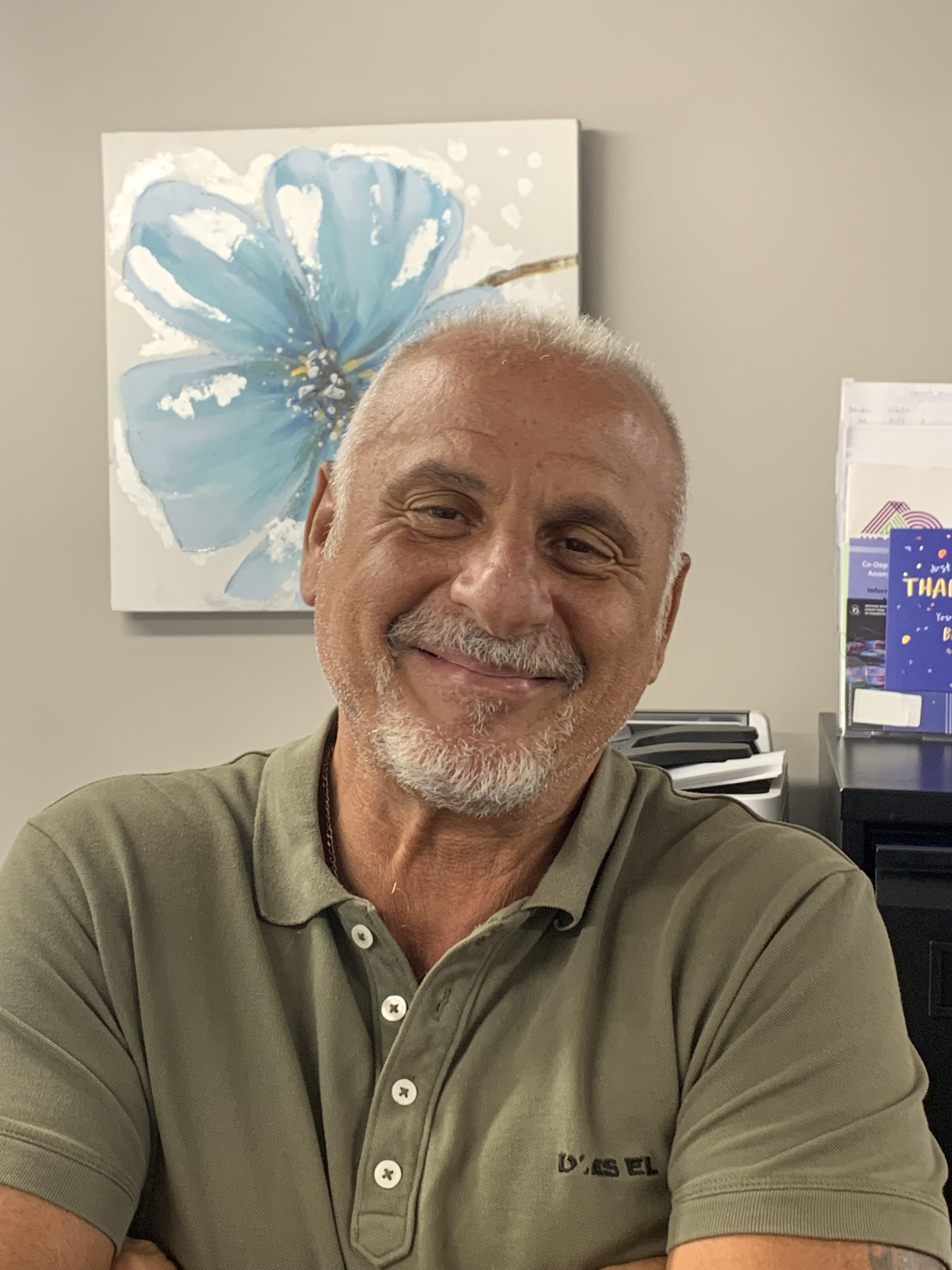Let’s be honest: recovery is tough. You’re working hard to build new habits and avoid old triggers. But sometimes, friends, family, and even well-meaning folks might ask you to do things that could put your progress at risk.
That’s where saying no and boundary setting comes in. In this blog post, we will explore how you can adapt this art and ensure your sobriety remains intact.
Why Do Boundaries Matter in Recovery?
Boundaries serve as protective barriers in addiction recovery against relapses. It involves clearly defining what you are comfortable with and what you must avoid to maintain soberness, emphasizing the importance of setting healthy boundaries. Moreover, setting boundaries also helps reinforce your self-worth, empowering you to make healthy choices.
4 Common Types of Boundaries in Addiction Recovery
For successful addiction recovery, you must set boundaries in all the areas of your life, be it physical, emotional, social, etc. The below section explores some common types of boundaries that can help you in the process:
● Physical boundaries: Physical boundaries in addiction recovery are essential for creating a safe and supportive environment. This involves removing substances from your living space, avoiding places associated with past drug use, and respecting personal space to reduce vulnerability.
● Emotional boundaries: Such boundaries are crucial to regulate your emotional health. You shall clearly communicate the amount of emotional support you can provide to someone without letting it affect your own mental peace. Furthermore, it also involves identifying when you are nearing your emotional limits so you can take proactive steps to manage stress and avoid relapse.
● Internal boundaries: Internal boundaries are vital for self-discipline, emotional resilience, and self-care. They help in rebuilding self-confidence, experiencing self-love, and regulating the relationship with oneself. Setting internal boundaries ensures that you maintain a healthy balance between your needs and responsibilities.
● Time boundaries: This includes managing time in such a way that you can focus on your addiction recovery goals adequately. From sleeping on time to not overworking, this category covers it all. Also, you should put a limit on your screen time and social media usage to avoid digital distractions.
● Social boundaries: Social boundaries are related to the interactions that you choose to engage in. To ensure healthy ones, you must be very selective regarding the environments in which you spend most of your time. The key is to avoid such gatherings where there is even a 1% chance of relapsing.
Benefits of Saying No and Setting Healthy Boundaries in Addiction Recovery

Besides protecting your sobriety, saying no and maintaining healthy boundaries have multiple other advantages to facilitate your journey toward recovery. These include:
● Reducing stress and burnout: Recovery itself is an emotionally and physically tiring phase. Therefore, it’s crucial to say no to situations that can lead to burnout and exhaustion. You should set your limits and decline additional chores that can potentially exhaust you.
● Enhancing self-esteem: When you learn to say no, you get in charge of making decisions about your life and body. This gives you a sense of autonomy and self-confidence, which are crucial in addiction recovery as reclaiming control over your actions and environment drives long-term success.
● Building healthy relations: You can build healthier relations by setting boundaries as it conveys clear expectations and promotes mutual respect. Your family and friends play a vital role in your recovery process by offering support, thus having solid connections is a must.
● Supporting personal development: Boundaries allow you to prioritize your goals, interests, and personal growth. This way, you can give time to your hobbies, education, or career aspirations that were previously sidelined due to addiction. Furthermore, such activities also serve as a source of distraction from the challenges of recovery.
How to Set Boundaries For Addiction Recovery?
The process of setting healthy boundaries when recovering from addiction involves a number of steps, as discussed below:
Prioritise Self-Care
First and foremost, you must focus on self-care and take responsibility for your own feelings, saying no to every such activity and interaction that can hinder the process. Some of the essential practices to follow include getting sufficient sleep, exercising regularly, and eating a nutritious diet. All these factors are crucial for building resilience to prevent relapse.
Understand and Manage Triggers
Reflect on your past history and think about all those situations, emotions, or environments that disturbed your recovery process. For example, if you are being invited to an event where alcohol is on the menu, politely refuse, as you might give in to your temptations and risk reinforcing unhealthy boundaries.
Say No Assertively
Remember, setting and maintaining personal boundaries is crucial, and saying no to any instance that might endanger your addiction recovery is your right. Thus, you must not feel guilty for doing so. When refusing, be direct and to the point. You don’t have to justify your decision all the time. Also, your tone shall be firm and must reflect your commitment to your decision.
Perform Mindfulness
Mindfulness has the power to enhance your ability to maintain boundaries during your recovery journey by allowing you to stay in the present moment and be aware of your needs. Furthermore, the technique also supports the recognition of triggers and the management of consequent responses.
Seek Professional Guidance
There’s no harm in getting in touch with a therapist or counsellor to polish your communication skills so you can say no in a better way, whether it’s to friends, co-workers, or family members. This approach will help you develop confidence in enforcing your boundaries while also offering support through the emotional challenges that you may face during the process.
Practice Self-Compassion and Patience
Be patient and kind to yourself as you navigate the complexities of setting boundaries, which are crucial for maintaining healthy relationships. You must understand that setbacks may occur. But do not let them be a permanent obstacle. Instead, use them as learning opportunities to strengthen your stand.
Begin Your Journey to Recovery at PCP Rehab
The road toward addiction recovery is not simple. There will be a lot of challenges, but with a solid commitment to your own well-being and the ability to set healthy boundaries, you can achieve long-lasting sobriety. One of the key factors is learning to say no so you can avoid instances that may trigger relapses.
For comprehensive rehab services, get in touch with The Perry Clayman Project (PCP) now! We offer fully catered treatment for all types of addictions, be it alcohol or different types of drugs and substances. Our experienced team provides personalized care tailored to your specific physical, psychological, and emotional needs.
For more details, contact us by calling at 08000 380 480.
Author
-
Andy's journey in psychology and substance recovery is marked by significant educational and professional achievements. He studied Person Centered Counseling, gained insights from psychological literature, and completed an online course on the mind. His hands-on experience includes volunteering at a Drug and Alcohol Clinic and earning a diploma in child adverse experiences. Andy holds a first-class honors degree in Psychology with Substance Use and Misuse. Professionally, he has contributed as a Lived Experience Coordinator and counselor, offering hope and empowerment to those in recovery.
Qualifications and Experience:
Introductory Course in Person Centered Counseling
View all posts
Extensive study of psychological literature (including Carl Rogers and Freud)
Online course completion on the Mind from UCT
OCN peer mentoring course
Level 3 diploma in child adverse experiences
First-class honors degree in Psychology with Substance Use and Misuse
Experienced Lived Experience Coordinator for Probation Dependency and Recovery service








